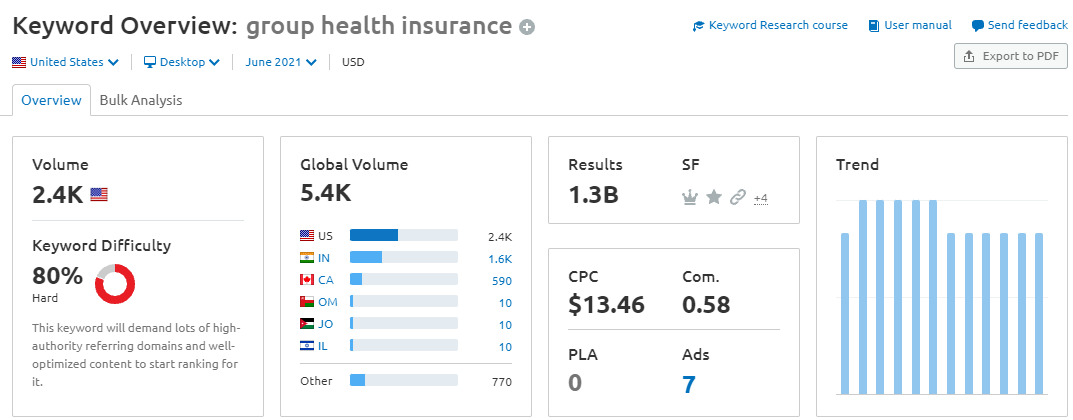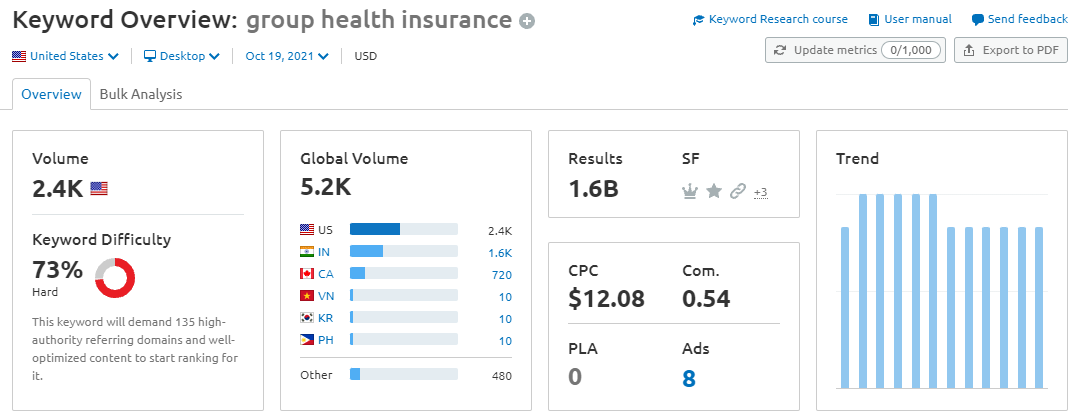Understanding Google’s Health Insurance Ad Policy Update

What does Google’s Health Insurance Advertiser Policy mean for brokers and agencies?
In June, Google announced a major update to its Google Ads platform, specifically for health insurance advertisers. Google will now restrict health insurance advertising on its Search, Display, and YouTube networks to only government exchanges, first-party providers, and licensed insurance producers. This update means companies such as lead generation agencies and affiliate advertisers now need to obtain a state insurance license in order to continue advertising individual, group, short-term coverage, Medicare Advantage, or Medicare supplement products. Advertisers wishing to promote Affordable Care Act (ACA) policies now also need to show proof of license from the U.S. government.
So what does this all mean for health insurance agents and major agencies?
The short term outlook has been promising. The new health insurance advertiser policy requirements’ initial impact has limited the number of advertisers competing for top-performing keywords and audience attention within the space. By requiring advertisers to complete a certification in order to promote health insurance, Google has somewhat ensured only legitimate entities can advertise and promote insurance products to individuals and groups/employers. After an initial spike in keyword bid price likely caused by some market uncertainty, keyword cost per click levels have normalized and in several cases decreased for high volume and high impact keywords such as “Group Health Insurance.”
June 2021

October 2021

In this example, in June 2021 we see the search keyword “Group Health Insurance” generating an average cost per click of $13.46. That means every time a searching user clicks on a paid ad, the advertiser is charged this amount. Contrast that with October 2021 and we see a reduced cost per click for the same keyword at $12.08. In this search marketing world, this is substantial movement in a short period of time. This decreasing cost trend has been the consistent theme for the majority of high impact keywords that our team tracks. This has in turn created an advantageous advertising opportunity for brokers and agents who are already licensed to sell and market health insurance products.
Getting Certified and Seizing the Opportunity
If you are currently advertising on Google or have a previous Google Ads account, the health insurance advertiser certification process is straightforward. If you are new to advertising on Google, you can create a new account in minutes to get started. Your new account will get you access to Google’s search, display, and YouTube networks.
Once your account is setup, you can then take the following steps to get your health insurance advertiser approval:
1. Visit the official Health Insurance Provider Certification site.
2. Make sure you have any of the following documents available to submit as proof of licensing:
- General business information (e.g. Name, DBA, Website, Contact Info, NAIC/NPN Codes)
- Official documentation for each state/locale where you do business (e.g., Official License Copy, Certificate of Authority, Letter of Certification)
- Specific Document/License Numbers and Expiration Dates (if applicable) for each state/locale
- Proof of ACA qualification, if applicable (e.g., QHP Certification Agreement, Registration Completion Certificate)
- 0-20 licensed states/locales = $39 per state/locale up to 20
- 21-40 licensed states/locales = $780 + $29 per state/locale over 20
- 41+ licensed states/locales = $1,360 + $19 per state/locale over 40
About the Author: Kalup Alexander is Digital Marketing Director for The Word & Brown Companies. He holds a Bachelor of Arts degree in New Media Communications and Marketing from Oregon State University, and has been at Word & Brown since 2014.
Most Recent Articles
Industry News
Carrier Updates
Carrier Updates

